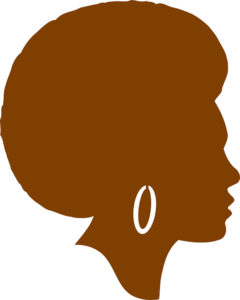5 Best Hearing Aids for Tinnitus & How They Can Help – healthline.com
Tinnitus is a condition that, according to the American Tinnitus Association, affects over 50 million Americans. It is sometimes referred to as ringing in the ears and is a symptom of a problem within the auditory pathway.
According to the Hearing Loss Association of America, 90 percent of people with tinnitus also have hearing loss.
Tinnitus isn’t “all in your head.” This very real condition can significantly diminish the quality of life for people who have it. While there …….

Tinnitus is a condition that, according to the American Tinnitus Association, affects over 50 million Americans. It is sometimes referred to as ringing in the ears and is a symptom of a problem within the auditory pathway.
According to the Hearing Loss Association of America, 90 percent of people with tinnitus also have hearing loss.
Tinnitus isn’t “all in your head.” This very real condition can significantly diminish the quality of life for people who have it. While there is no cure for tinnitus, there are treatments to reduce severity and help with daily function, including hearing aids.
In this roundup, we’ll go over some of the best hearing aids for tinnitus and explain how they work.
Clinical evidence indicates that hearing aids provide several benefits for people with tinnitus.
- Improve overall hearing. By improving the quality of external sound, hearing aids make the wearer less focused on the inner sounds caused by tinnitus.
- Maintain sensory perception and the ability to understand language. By restoring sound to the listener, hearing aids reduce auditory deprivation. This may also have a beneficial effect on the ability to process language.
- Mask tinnitus sounds that can be irritating. Some hearing aids provide tinnitus relief by introducing white noise or soothing sounds into the ear. This strategy is known as tinnitus masking. Tinnitus-masking sounds are sometimes built into hearing aids. They may also be programmed through an app connected to the hearing aids.
- Retrain the brain. Hearing aids and other types of sound therapy may also use a technique called habituation. Habituation uses external sound and other techniques to teach the brain to reclassify tinnitus sounds as unimportant. This makes it easier to ignore tinnitus sounds and focus on externally generated ones.
Even though there’s no cure for tinnitus, medical treatments and other tinnitus remedies can help provide relief. Some of these are focused on reducing anxiety and depression, such as talk therapy and cognitive behavioral therapy. Medication for anxiety and depression relief can also be beneficial.
Other remedies may include earwax removal, avoiding medications that can cause tinnitus, and limiting alcohol, caffeine, and smoking.
- Customer feedback and brand reputation. The hearing aids on this list come from established, trusted hearing aid manufacturers that get good online reviews for customer service and quality.
- FDA registration. Each hearing aid is registered with the Food and Drug Administration (FDA) as a medical device.
- Technology. They all utilize a specific and targeted …….
Source: https://www.healthline.com/health/hearing-aid-for-tinnitus







